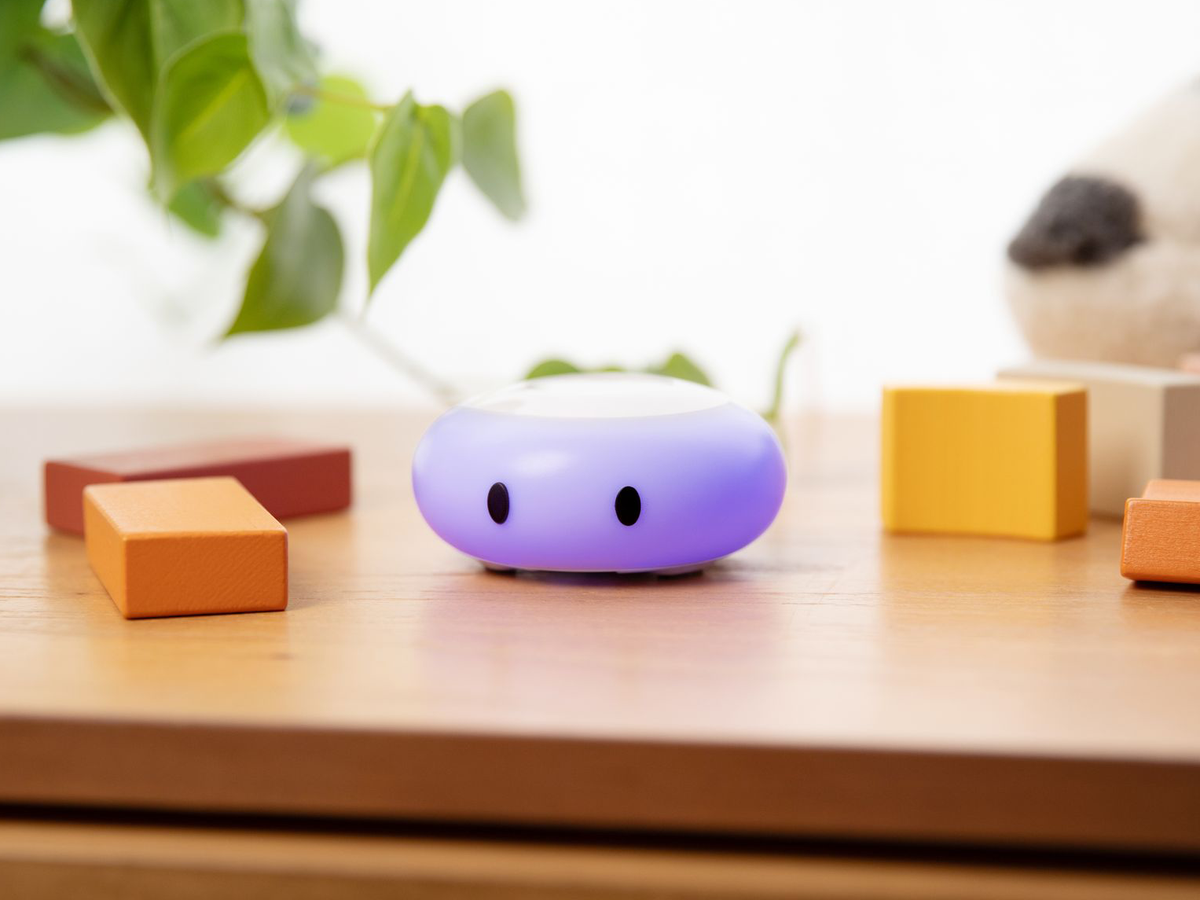
Three Tips to Prevent Early Morning Risings with Toddlers
Waking up early to the sound of your toddler screaming “Mama!” at 5am is not exactly the most peaceful way to start your day.
Early morning wake-ups are a very common challenge that parents face, and they can also be one of the most frustrating issues to fix. Many toddlers get stuck in a cycle of waking up early that they can’t seem to break out of.
But the good news is that there are a few ways you can help curb this cycle, and it starts with understanding why it happens in the first place.
What is considered an early morning wake-up?
Being an early riser actually has many benefits. However, when your child wakes up before they have gotten the rest they need, it can wreak havoc on their overall sleep cycles. A rising we consider to be “too” early is prior to 6am. Ideally, we like to see babies and toddlers wake up approximately 10-12 hours after they went to sleep the night prior, so this is important to consider when planning bedtime.
What causes early morning wake-ups?
There are a few different reasons why your child might consistently be waking up early. In order to change the behavior, we need to first be able to get to the “why” behind it, so there are a few questions you can answer to help you better understand what is going on.
1) Is my child’s nap schedule appropriate?
A toddler on a one-nap schedule should be going down around 11:15/11:30 earliest and around 1pm latest. If they are falling asleep much earlier than this, their nap could be getting lumped in with what should have been night sleep. When this happens, they are relying on that nap to make up for the night sleep they aren’t getting. If this is happening, try stretching that awake window, even if your child starts yawning and showing sleepy cues before then. In order to make any type of change to your child’s biological clock, you need to re-train their body to sleep within their appropriate windows. On the other hand, if you are putting your toddler down for a nap later than 1pm, they are likely going to be over-tired, especially if they have woken up early for the day! When your child is overtired, it can cause a cycle of short naps, multiple night wakings, and/or early risings. If you are putting your child down for their nap too late, move the nap earlier to avoid this.
2) What is the light exposure like in my child’s room?
Your child’s circadian rhythm is primarily driven primarily by light. In the morning, even the smallest crack in the blinds or strong ray of light can wake them up. Your child is in the lightest stage of sleep between 3-6am, so if they are woken up by light during this sensitive time, it is very difficult for them to go back to sleep because their internal clock is driving their desire to be awake, even if they still feel tired.
To fix this, make blackout shades your best friend! You want to block out as much light as possible from getting into your child’s room. The same goes for lights in your home. If other people are up and about early in the morning and there is light (or noise) that creeps in through your child’s door, you better believe that can wake them up! The darker, the better - and this also applies to naps.
3) Is my child’s bedtime appropriate?
You have probably been given the advice, “Put your child to bed later and they will sleep in later.” Unfortunately, this is a common myth that often backfires. At this age, your toddler’s bedtime should be determined mainly by their age and length of nap, and in this case, 6:30-8:30pm is our recommendation. As mentioned previously, your child should be following a 12-hour sleep cycle, so 6am-6pm, 7am-7pm, or 8am-8pm. If your child is going to bed too early, that can affect what time they are waking for the day, and the same applies if they are going to bed too late. It might sound counterintuitive, but after several days of attempting your child’s bedtime earlier, you may notice that their wake-up time gets later! Even if you don’t see a change in their wake-up time, an earlier bedtime still means that they are getting more much-needed sleep!
Another response that many parents find helpful when managing early morning wake-ups is to not get your child out of their crib (or, if in a big kid bed, to tell them to stay in their room) before 6am. This gives them the opportunity to potentially fall back asleep on their own and allows time to get used to being in their sleep environment until then, as opposed to starting their day at 5am.
This is where a toddler clock, or okay-to-wake/time-to-rise clock, can be SO helpful! Many parents think that they should introduce a toddler clock when their child is in a toddler bed, but you can actually start while your child is still in the crib! Young toddlers can use the clocks to know when they should just play quietly in their crib vs. calling out for mom to come. If your little toddler is used to their clock while still in a crib, the transfer to the toddler bed will be that much easier!
Remember that this process can take time and it may take several weeks to see a shift in your child’s sleep patterns as you address the issues listed, especially if they are schedule-related. Consistency is always key, and once you identify the root cause of your child’s early risings you should start to see a difference.
For help with more toddler sleep-related issues, see Five Toddler Sleep Challenges to Expect & What to Do About Them.
Article written by My Sweet Sleeper
Rachel Mitchell is a certified infant and toddler sleep specialist and the owner of My Sweet Sleeper. She has worked as a sleep consultant since 2013 and has helped hundreds of families get better sleep with her individual approach to sleep teaching. As a mother herself, she is passionate about helping families get the sleep they need! For more information and to view her one-on-one coaching packages, online courses, and e-books, visit mysweetsleeper.com.
Also in Blog

6 Tips for Parents to Help Kids Adjust to the Fall Back Time Change
Every year, parents brace themselves for that bittersweet event known as the “fall back” — when clocks turn back one hour for the end of Daylight Saving Time (DST). While gaining an hour of sleep sounds amazing in theory, parents of babies and young kids know it usually means one thing: an hour earlier wake-up. Here are six helpful tips to make the “fall back” transition smoother for your family.

6 Helpful Tips for Parents to Navigate the Spring Forward Time Change
Daylight Saving Time (DST) is right around the corner, and for parents of young children and babies, the “spring forward” shift can feel like a daunting challenge. Losing an hour of sleep and adjusting to a new schedule can lead to cranky mornings, disrupted sleep patterns, and general chaos in the household. Fortunately, there are ways to ease the transition and help your little one adjust smoothly. Here are six helpful tips to make this time change easier for both you and your preschooler.

